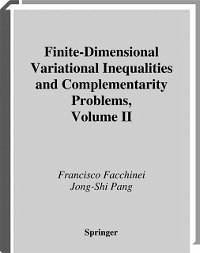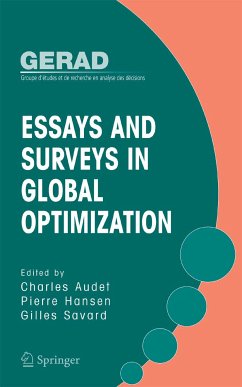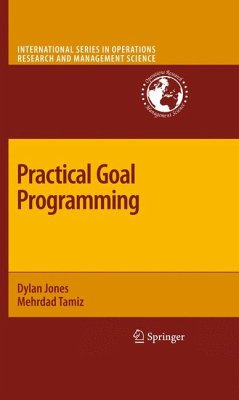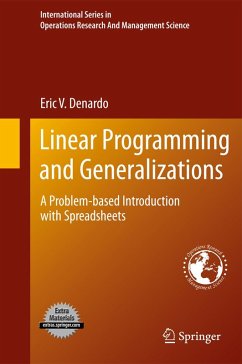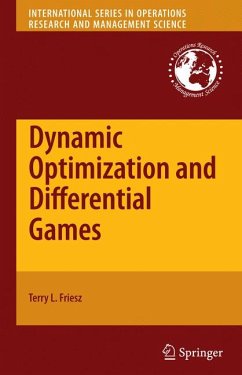
Dynamic Optimization and Differential Games (eBook, PDF)
Versandkostenfrei!
Sofort per Download lieferbar
167,95 €
inkl. MwSt.
Weitere Ausgaben:

PAYBACK Punkte
84 °P sammeln!
Dynamic Optimization and Differential Games has been written to address the increasing number of Operations Research and Management Science problems that involve the explicit consideration of time and of gaming among multiple agents. With end-of-chapter exercises throughout, it is a book that can be used both as a reference and as a textbook. It will be useful as a guide to engineers, operations researchers, applied mathematicians and social scientists whose work involves both the theoretical and computational aspects of dynamic optimization and differential games. Included throughout the text...
Dynamic Optimization and Differential Games has been written to address the increasing number of Operations Research and Management Science problems that involve the explicit consideration of time and of gaming among multiple agents. With end-of-chapter exercises throughout, it is a book that can be used both as a reference and as a textbook. It will be useful as a guide to engineers, operations researchers, applied mathematicians and social scientists whose work involves both the theoretical and computational aspects of dynamic optimization and differential games. Included throughout the text are detailed explanations of several original dynamic and game-theoretic mathematical models which are of particular relevance in today's technologically-driven-global economy: revenue management, oligopoly pricing, production planning, supply chain management, dynamic traffic assignment and dynamic congestion pricing.
The book emphasizes deterministic theory, computational tools and applications associated with the study of dynamic optimization and competition in continuous time. It develops the key results of deterministic, continuous time, optimal control theory from both the classical calculus of variations perspective and the more modern approach of infinite dimensional mathematical programming. These results are then generalized for the analysis of differential variational inequalities arising in dynamic game theory for open loop environments. Algorithms covered include steepest descent in Hilbert space, gradient projection in Hilbert space, fixed point methods, and gap function methods.
The book emphasizes deterministic theory, computational tools and applications associated with the study of dynamic optimization and competition in continuous time. It develops the key results of deterministic, continuous time, optimal control theory from both the classical calculus of variations perspective and the more modern approach of infinite dimensional mathematical programming. These results are then generalized for the analysis of differential variational inequalities arising in dynamic game theory for open loop environments. Algorithms covered include steepest descent in Hilbert space, gradient projection in Hilbert space, fixed point methods, and gap function methods.
Dieser Download kann aus rechtlichen Gründen nur mit Rechnungsadresse in A, B, BG, CY, CZ, D, DK, EW, E, FIN, F, GR, HR, H, IRL, I, LT, L, LR, M, NL, PL, P, R, S, SLO, SK ausgeliefert werden.




